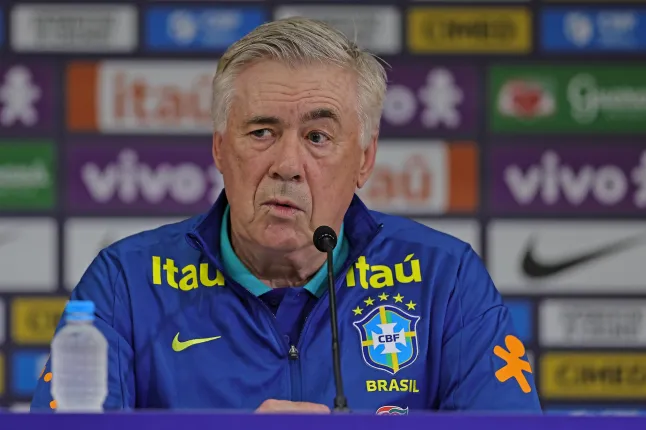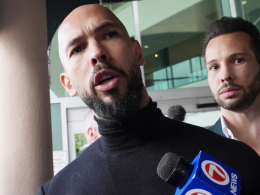Former Real Madrid manager Carlo Ancelotti has been sentenced to one year in prison after being found guilty of tax fraud linked to his image rights.
The 66-year-old, now head coach of Brazil’s national team, avoided serving time behind bars due to Spanish laws that allow first-time offenders with non-violent convictions under two years to remain free.
A Madrid court ruled that Ancelotti failed to declare significant income from image rights during the 2014 tax year, landing him with a €386,000 fine in addition to the suspended sentence.
From Champions League to courtroom
Once one of Europe’s most celebrated football tacticians, Ancelotti joins a growing list of high-profile names in Spanish football who have faced criminal charges over image rights revenue. Prosecutors originally pushed for a much harsher penalty – nearly five years in jail and over €3 million in fines – but the court ultimately handed down a reduced sentence.
Speaking at his trial in April, Ancelotti claimed he relied entirely on his UK-based financial advisers at the time and was unaware of any wrongdoing.
“I never thought a fraud could have been committed,” he told the judge. “But given that I’m here, I guess things weren’t done that right.”
A pattern in La Liga’s elite
Ancelotti is now the latest in a string of football icons to be found guilty of tax offences in Spain. Lionel Messi, Cristiano Ronaldo, Jose Mourinho, and Diego Costa have all faced similar charges over the past decade, most of them related to undeclared earnings from image rights and sponsorship deals.
Messi and his father received suspended prison sentences in 2016 for evading over €4 million in taxes. Ronaldo was hit with a €19 million fine in 2019. Mourinho and Costa both accepted plea deals in their own cases, paying heavy financial penalties.
No impact on Brazil role – for now
Despite the conviction, Ancelotti remains in his new post as Brazil’s national coach. He officially took the reins earlier this summer after leaving Madrid at the end of the 2024–25 season.
The Brazilian Football Confederation has not yet commented on the ruling, but insiders suggest there is no immediate threat to his job, given the suspended nature of the sentence and the long-standing legal trend among top football figures in Spain.
The case is now closed, but the conviction marks another chapter in Spanish football’s uneasy history with tax compliance – and a reminder that even its most successful names are not above the law.












